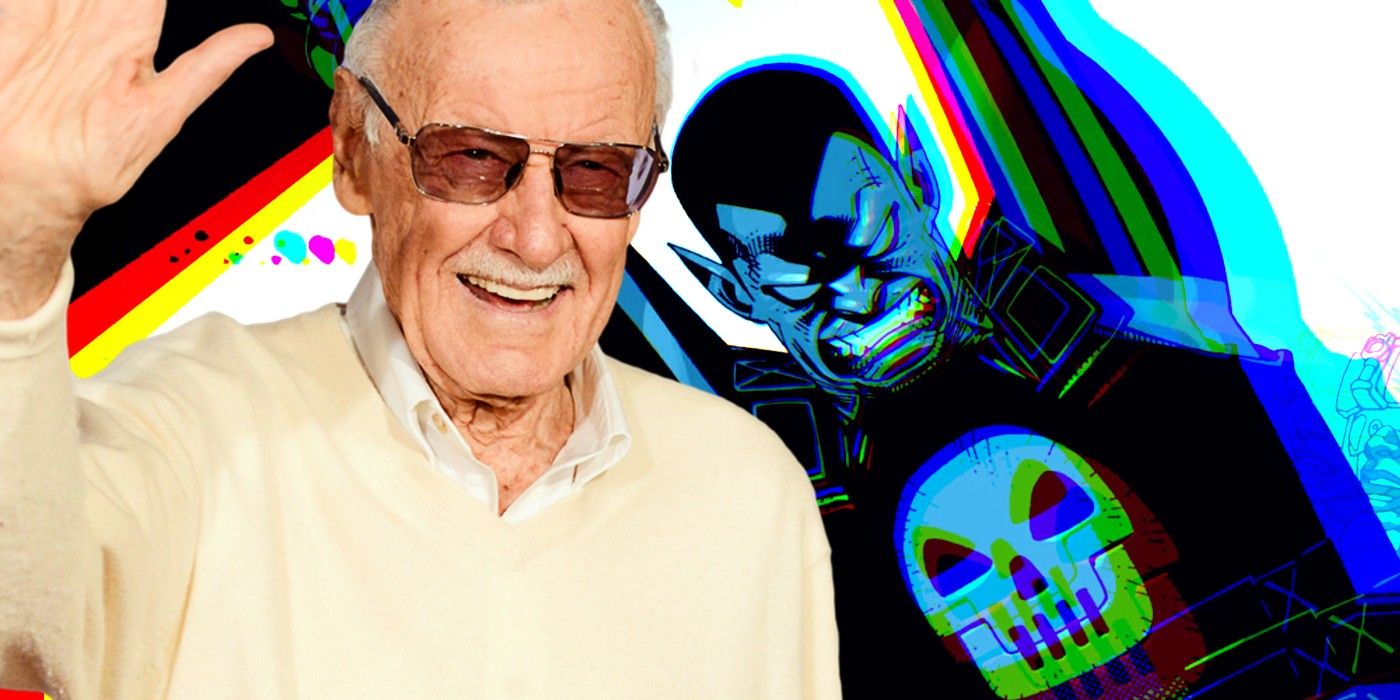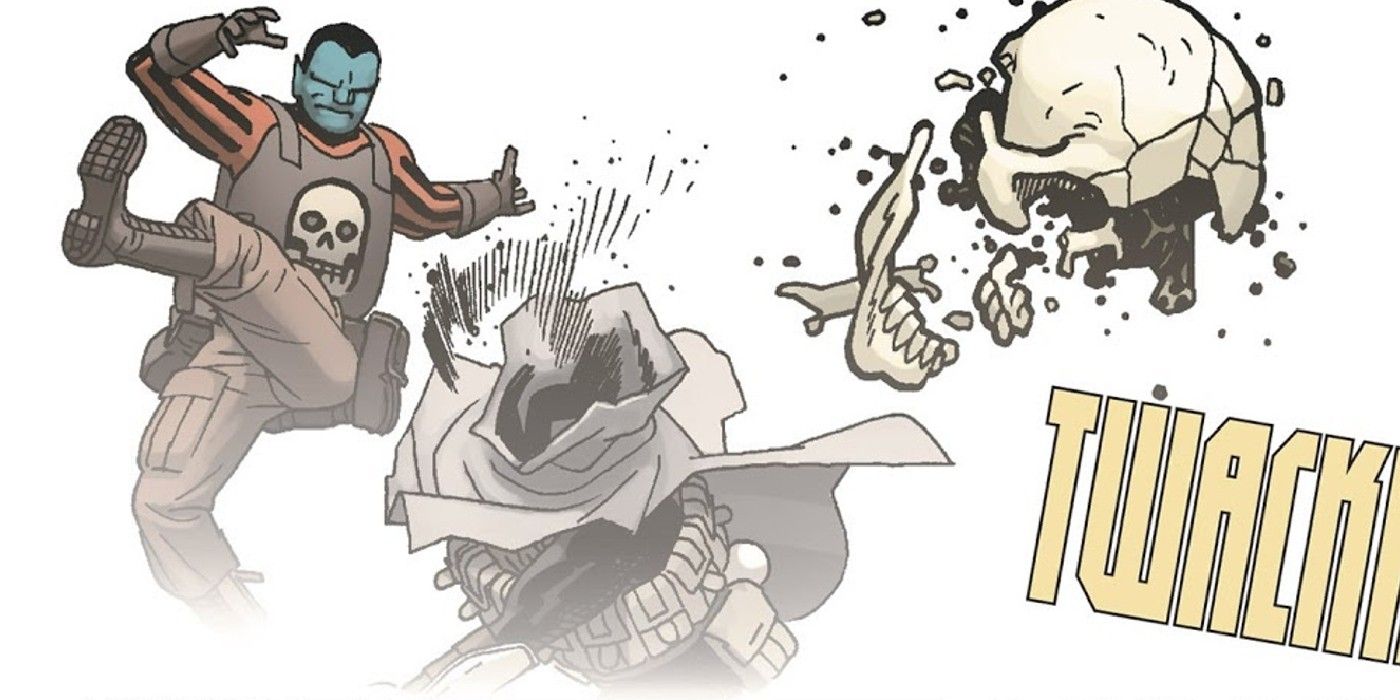Stan Lee's First Superhero Became a Bloodthirsty Captain America

Long before characters such as John Walker took inspiration from Captain America, Stan Lee's first superhero was a Cap pastiche named Destroyer. Though the character did enjoy a brief time in the spotlight of Marvel's early heroes, he quickly faded into obscurity. Still, his legacy as Lee's very first superhero has always piqued the interest of comic creators who grew up in Lee's shadow. The most radical departure came from Walking Dead creator Robert Kirkman, who turned Destroyer into an absolutely brutal hero.
Created in 1941 by Stan Lee and Jack Binder for Mystic Comics #6, Destroyer is the secret identity of Kevin Marlow. Marlow was a journalist in pre-World War II America who jumped at the chance to investigate Nazi atrocities when their existence was still controversial. He was quickly captured and stuffed into a cell with a Nazi scientist who was working on a super-soldier serum. The scientist sees Marlow's good nature and gives him the serum so he can break out. Marlow then becomes the superhero Destroyer, fighter of dictators worldwide. Several other characters would later take up Destroyer's mantle, with some even retconning Marlow out of existence. In 2009 though, he was brought back in a way that nobody expected.
Created by Robert Kirkman and Cory Walker for Marvel's darker MAX imprint, the five-issue Destroyer series followed a much older Kevin Marlow in the modern day. Despite his advanced age, Marlow is still working as Destroyer and still serving the government to fight off terrorists. His world is turned on its head though when he receives news from his doctor that his heart could give out at any moment. Wanting to make sure his family is safe after he's gone, Marlow goes on a quest to kill every single one of his villains. The journey that follows is incredibly violent. After Marlow murders all of his villains, he finally has a heart attack in his bed. His rampage doesn't stop there though, as he kills the three grim reapers sent to take him to the after-life, allowing him to make a full recovery.

What makes Kirkman and Walker's short run on Destroyer so shocking is just how far its violence goes. Without having to worry about maintaining Marvel's typical PG-13 level of violence, Destroyer is able to truly live up to his name. He repeatedly crushes skulls with his fists in a move that will make readers think more of Mortal Kombat's fatalities than anything from the House of Ideas. During one notable encounter, Marlow literally rips a villain's arm off and tries to feed it to him.
Though the ultra-violence is easy to focus on, what makes this run on Destroyer such a treat to read is how uncynical it is. Unlike many stories of aging superheroes inspired by The Dark Knight Returns such as Marvel's own Spider-Man: Reign, Marlow's life is fairly good. He has a wife, a daughter, and a granddaughter. He even has a solid relationship with his former partner, Turret (who is his daughter's husband). Despite the abundant bloodshed, this is not a story interested in examining the psychological impact of living a life of violence.
Stan Lee's Destroyer may have started out as a pastiche of Captain America, but evolved into a much better, and much more violent, hero than John Walker could ever be.